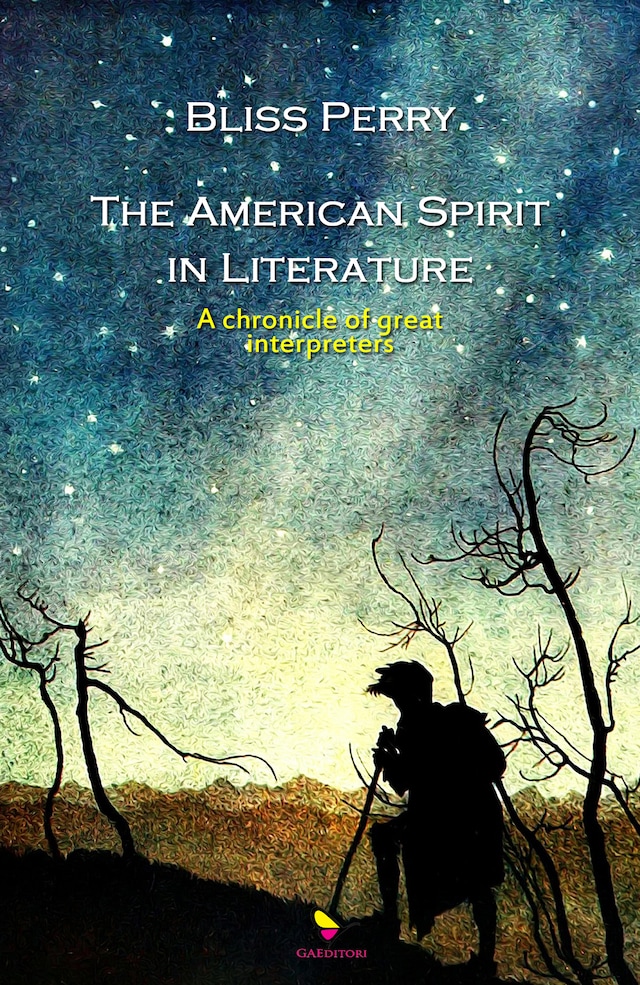
The American Spirit in Literature
A chronicle of great interpreters

